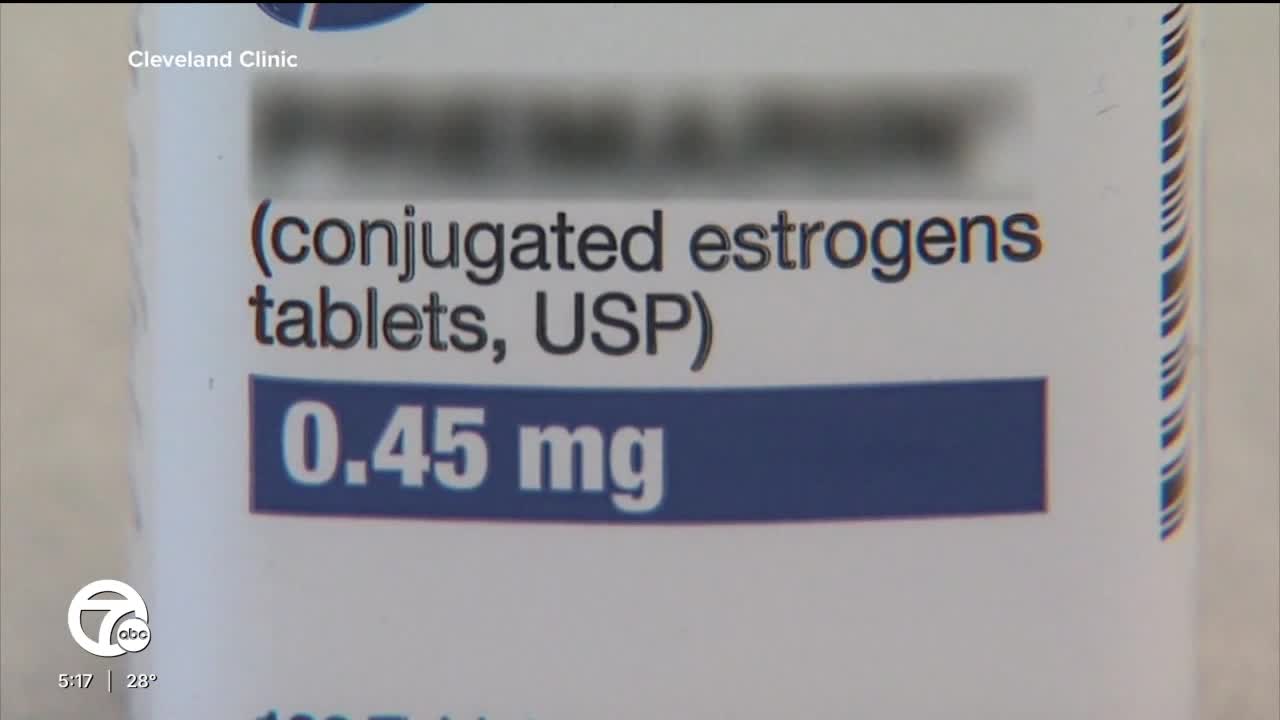(WXYZ) — In today’s Health Alert, there's a major change that could impact millions of women experiencing menopause symptoms. The FDA is removing its “black box” warning from many hormone therapy drugs - the strongest type of safety alert on medications.
This is really good news, because hormone therapy can make a huge difference for women dealing with menopause symptoms, like hot flashes, night sweats, and poor sleep.
Now, this black-box change affects products that contain both estrogen and progesterone, as well as estrogen treatments such as patches, creams, pills, and sprays.
The warning was added back in 2003, after a large government study linked hormone therapy to higher risks of breast cancer, heart disease, stroke, and dementia. But here’s the problem: that study mostly involved older women in their early 60s. Menopause often starts during the 40s or 50s. So the study didn’t reflect what happens when therapy is started earlier.
Fast forward two decades, and new research shows that starting hormone therapy around the time of menopause, or before age 60, can lower the risk of the leading cause of death in women - heart disease. Why? Because estrogen helps keep blood vessels flexible if started soon after a woman’s estrogen levels drop. And it can also help protect bone health, as menopause speeds up bone loss and increases the risk of osteoporosis. It may even help reduce cognitive decline or the risk of Alzheimer’s.
Current evidence shows that no clinical trial has ever demonstrated that hormone therapy increases a woman’s risk of dying from breast cancer. That said, studies show that women with hormone receptor-positive breast cancer who take systemic hormone therapy have a much higher risk of recurrence. Doctors usually advise women with any breast cancer to avoid it, as well as those with a history of blood clots or uterine cancer.
As for non-hormonal options, the FDA has approved two medications - Veozah and Lynkuet - that target the brain pathways controlling body temperature. So they can help manage hot flashes and night sweats without using hormones.
At the end of the day, it’s about personalized care. Women should discuss their age, symptoms, family history, and overall health with their doctor to find the safest, most effective plan for them.




